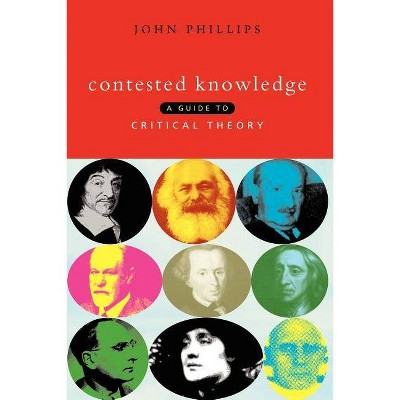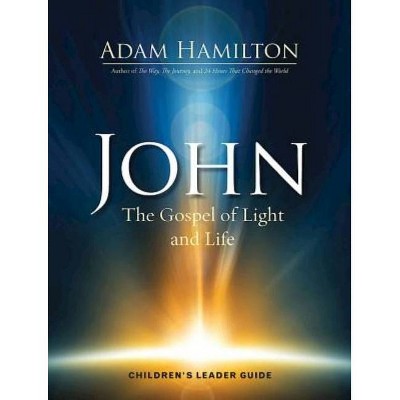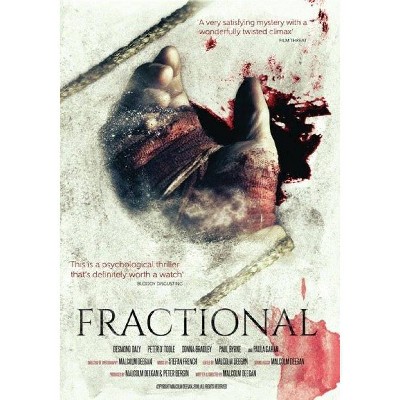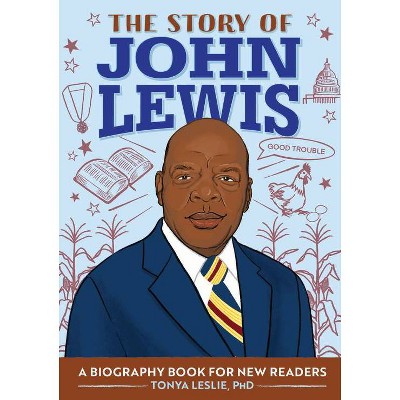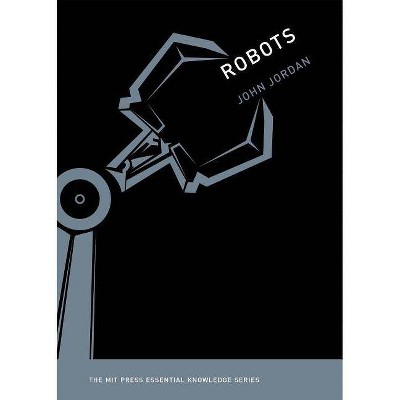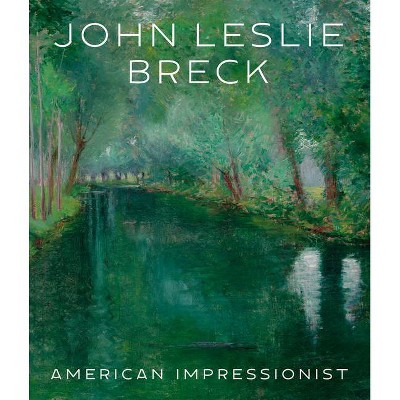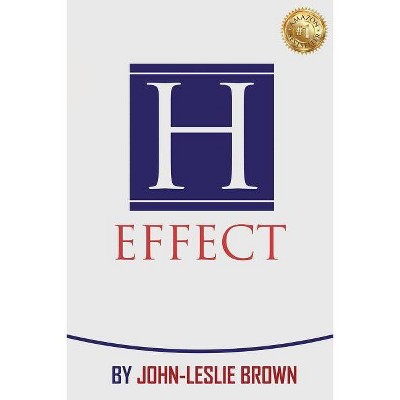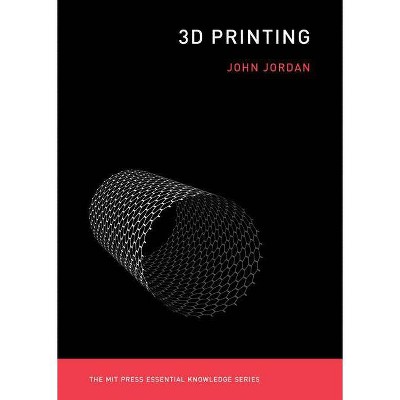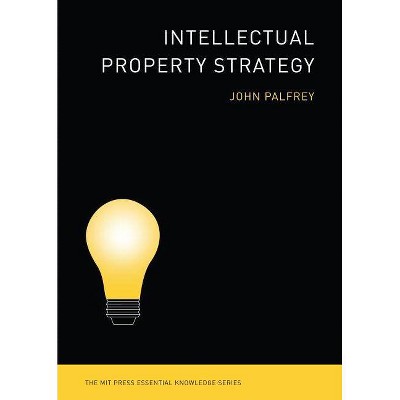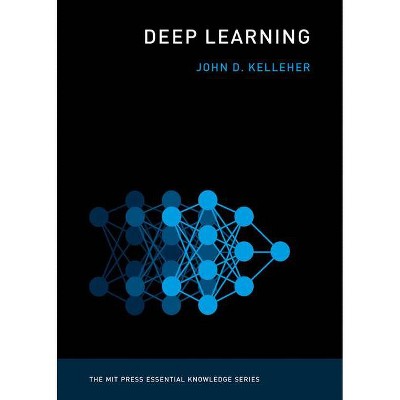Children's Fractional Knowledge - by Leslie P Steffe & John Olive (Paperback)
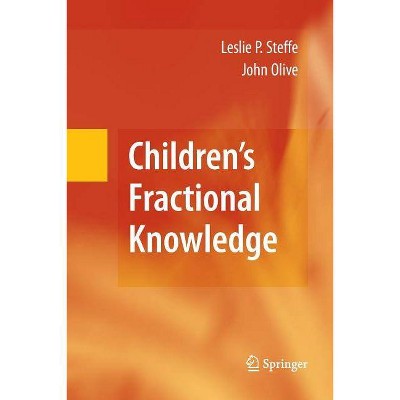
Similar Products
Products of same category from the store
AllProduct info
<p/><br></br><p><b> About the Book </b></p></br></br><p>In this book, the authors challenge some broadly-held assumptions about how children learn about fractions. After detailing their arguments, they then offer new research that could open the way for a dramatically improved way to teach children fractions.</p><p/><br></br><p><b> From the Back Cover </b></p></br></br><p><em>Children's Fractional Knowledge</em> elegantly tracks the construction of knowledge, both by children learning new methods of reasoning and by the researchers studying their methods. The book challenges the widely held belief that children's whole number knowledge is a distraction from their learning of fractions by positing that their fractional learning involves reorganizing--not simply using or building upon--their whole number knowledge. This hypothesis is explained in detail using examples of actual grade-schoolers approaching problems in fractions including the schemes they construct to relate parts to a whole, to produce a fraction as a multiple of a unit part, to transform a fraction into a commensurate fraction, or to combine two fractions multiplicatively or additively.</p> <p>These case studies provide a singular journey into children's mathematics experience, which often varies greatly from that of adults. Moreover, the authors' descriptive terms reflect children's quantitative operations, as opposed to adult mathematical phrases rooted in concepts that do not reflect--and which in the classroom may even suppress--youngsters' learning experiences.</p> <p>Highlights of the coverage: </p> <ol> <p></p></ol> <ul> <li>Toward a formulation of a mathematics of <em>living</em> instead of <em>being</em></li> <li>Operations that produce numerical counting schemes</li> <li>Case studies: children's part-whole, partitive, iterative, and other fraction schemes</li> <li>Using the generalized number sequence to produce fraction schemes</li> <li>Redefining school mathematics</li></ul> <ol> <p></p></ol> <p></p> <p>This fresh perspective is of immediate importance to researchers in mathematics education. With the up-close lens onto mathematical development found in <em>Children's Fractional Knowledge</em>, readers can work toward creating more effective methods for improving young learners' quantitative reasoning skills.</p>
Price History
Price Archive shows prices from various stores, lets you see history and find the cheapest. There is no actual sale on the website. For all support, inquiry and suggestion messagescommunication@pricearchive.us
